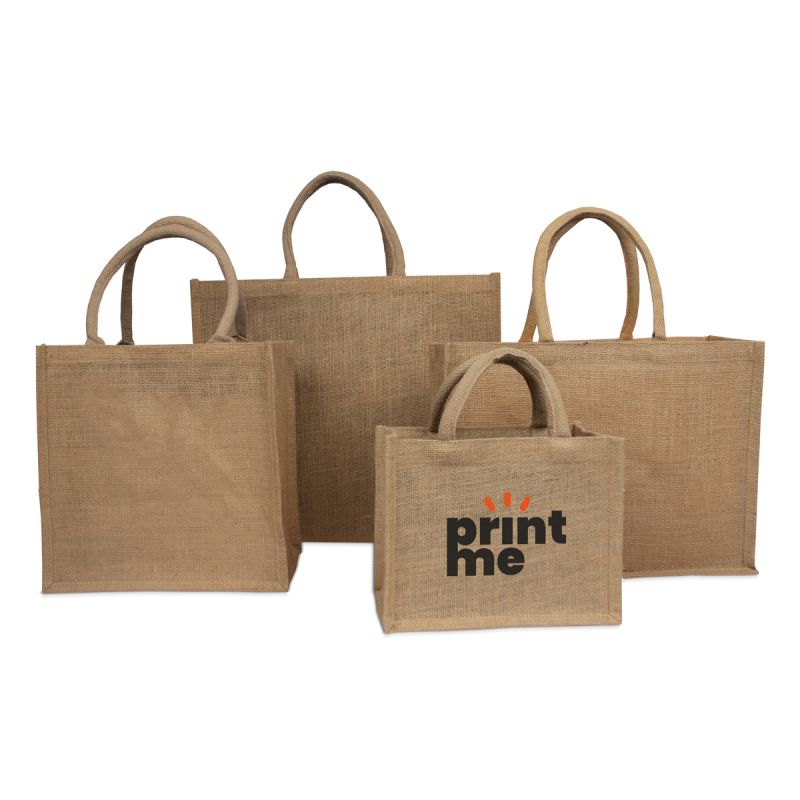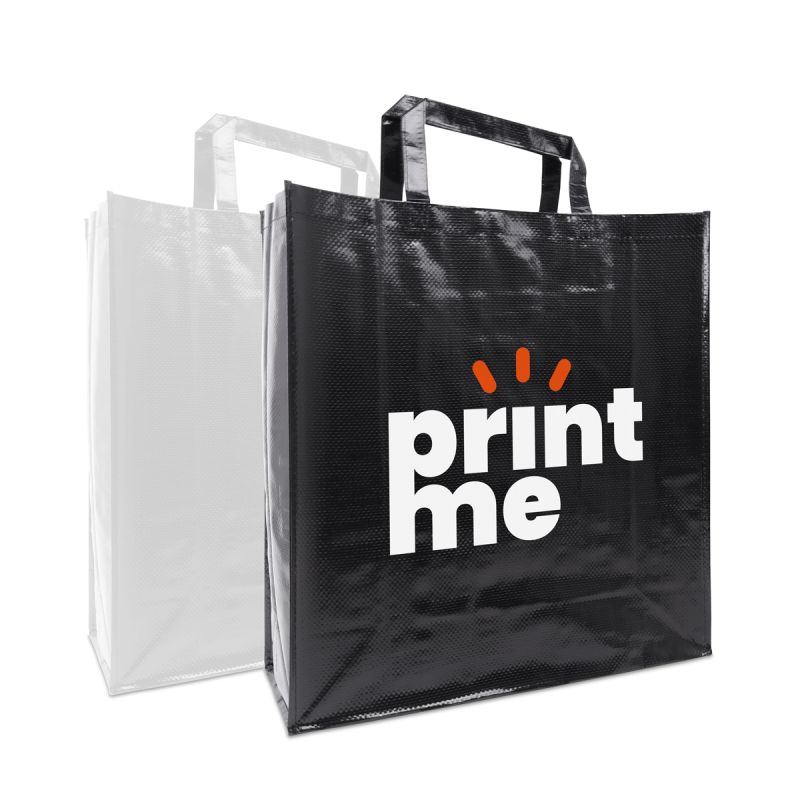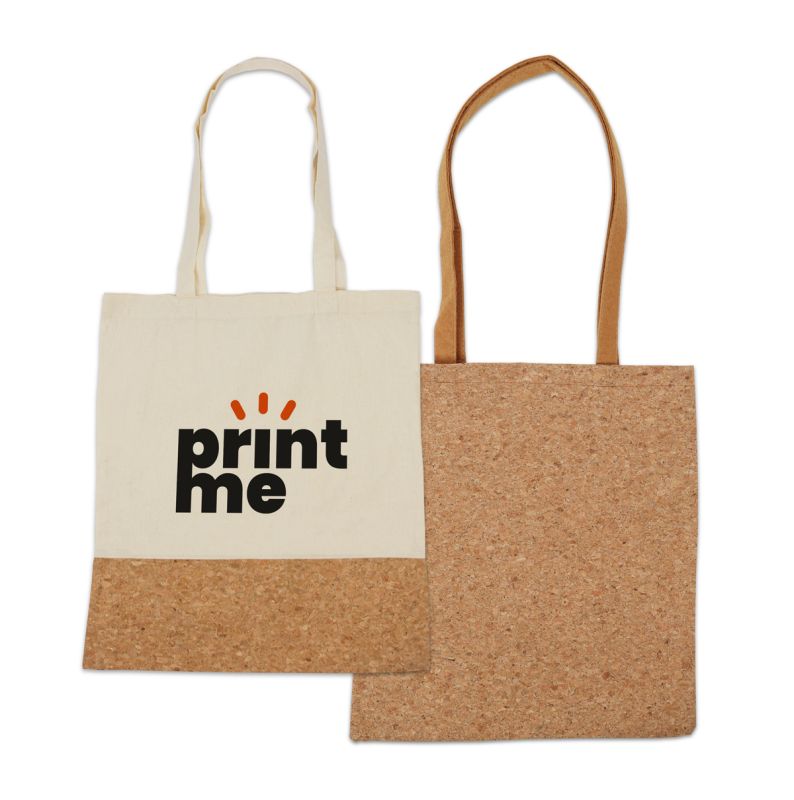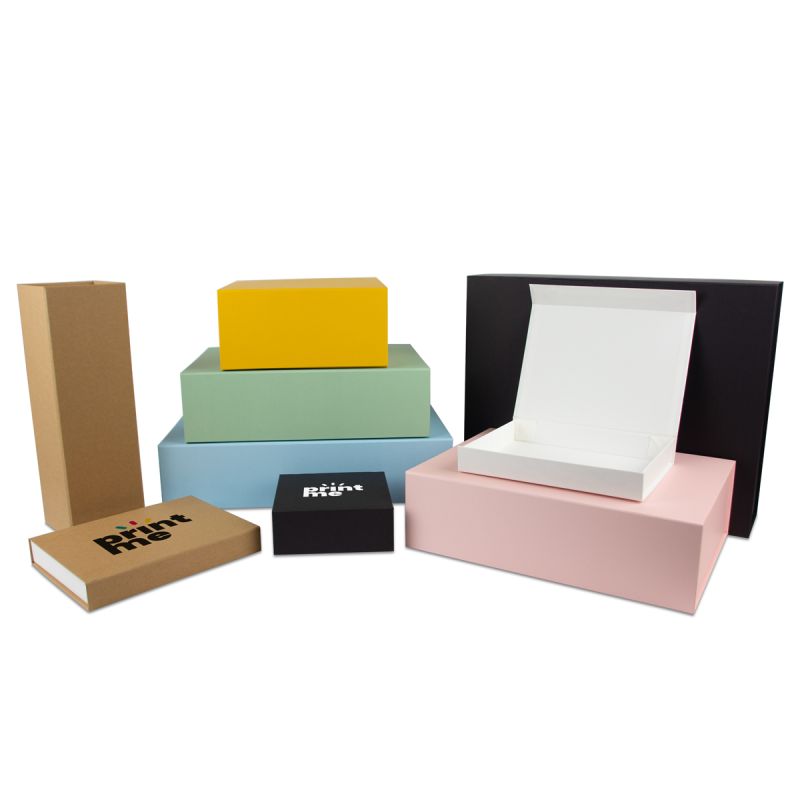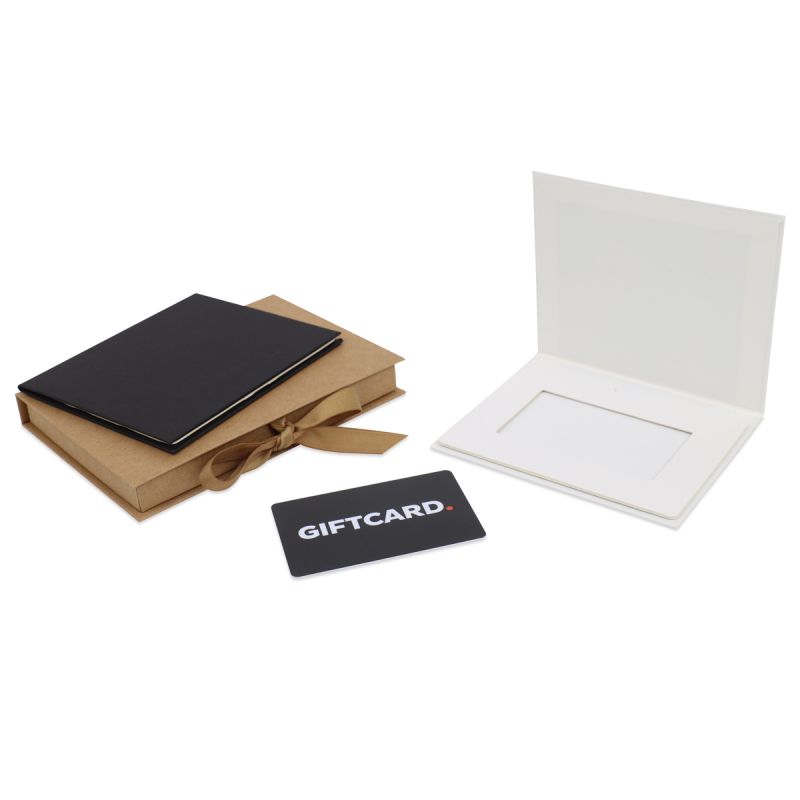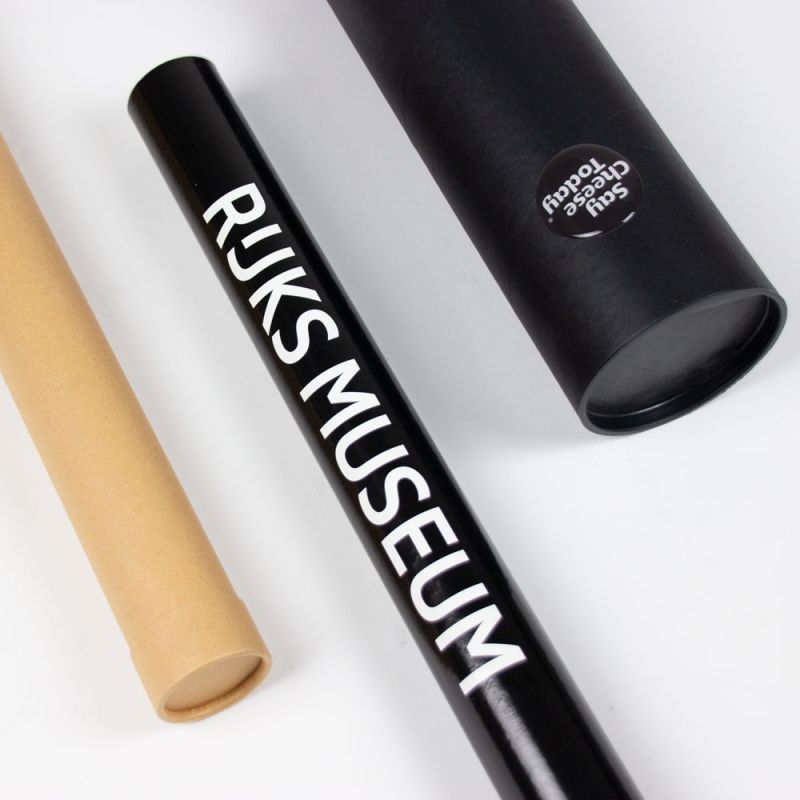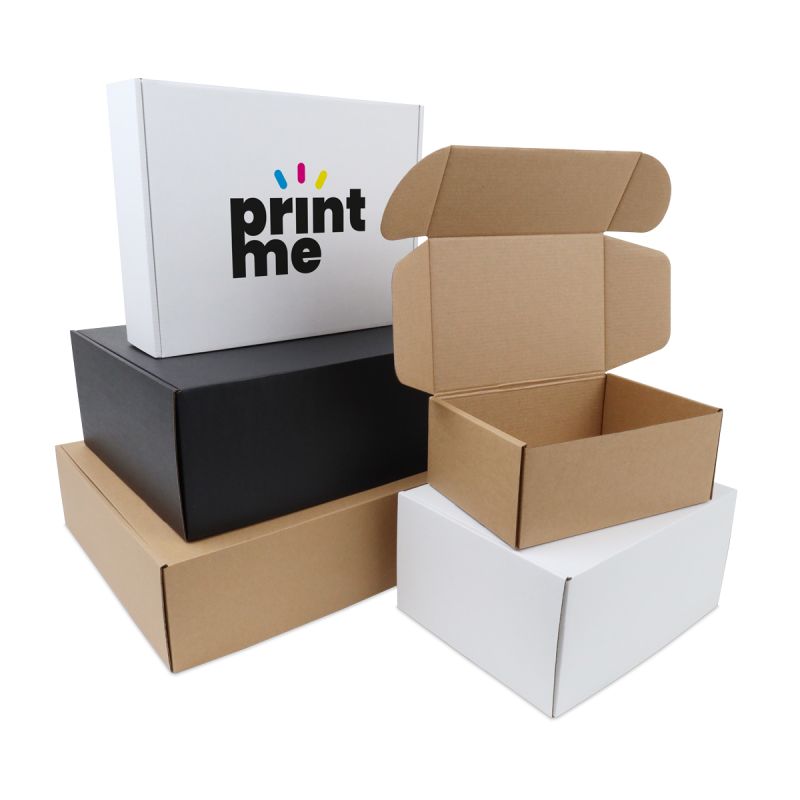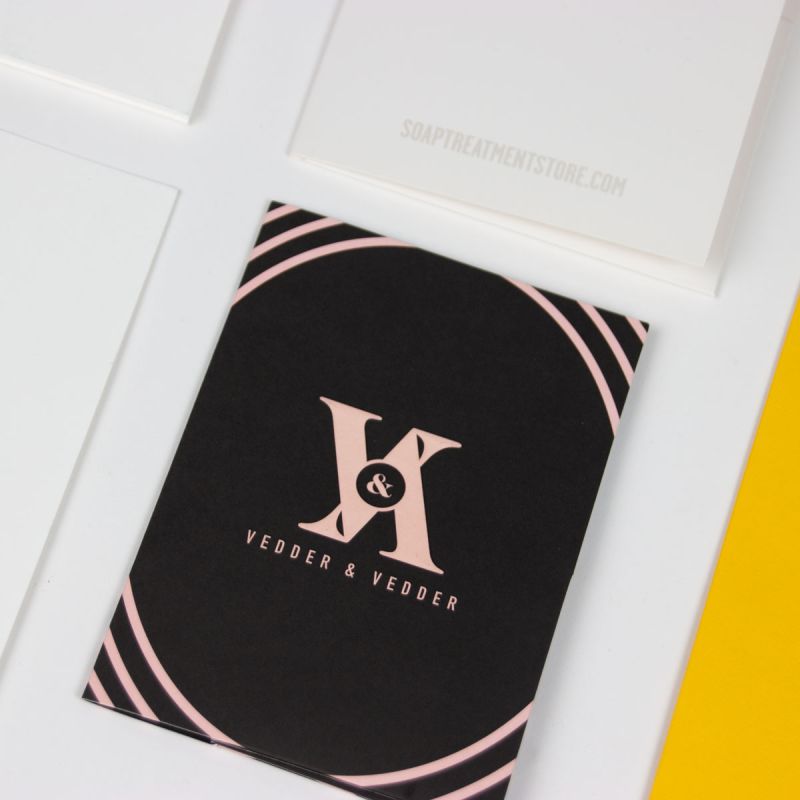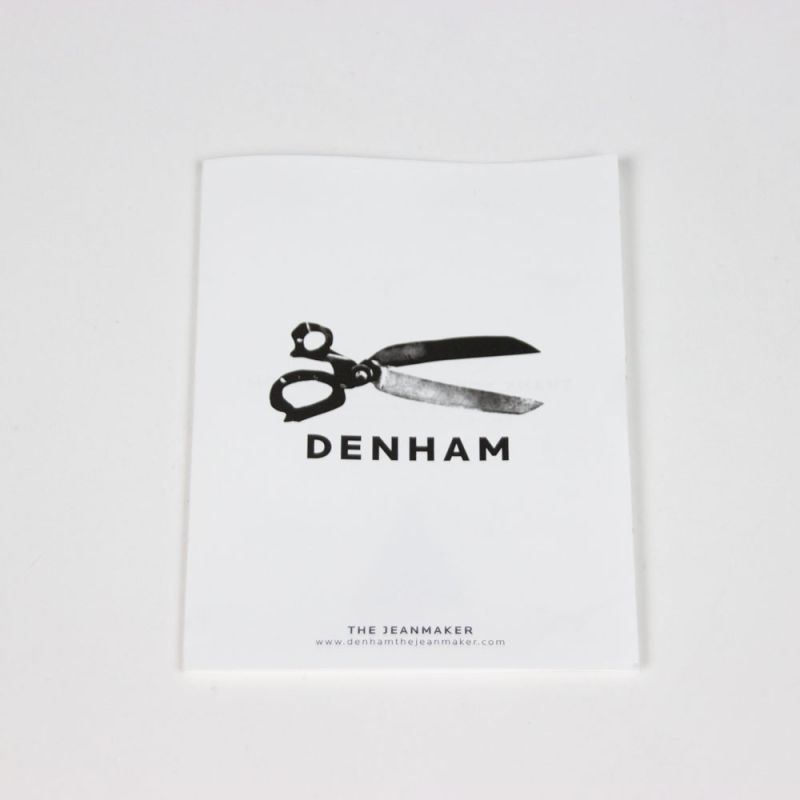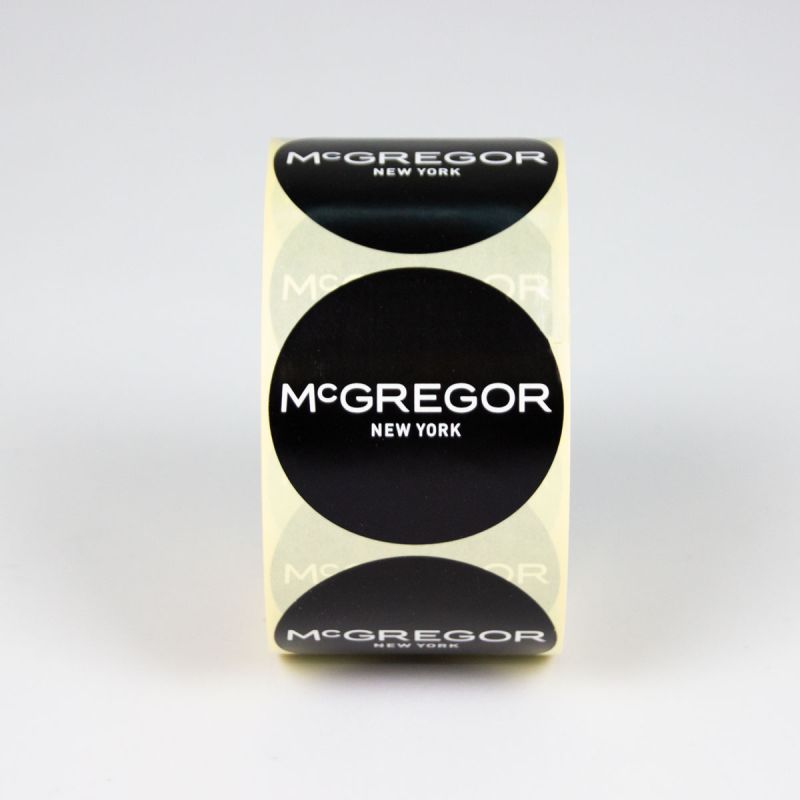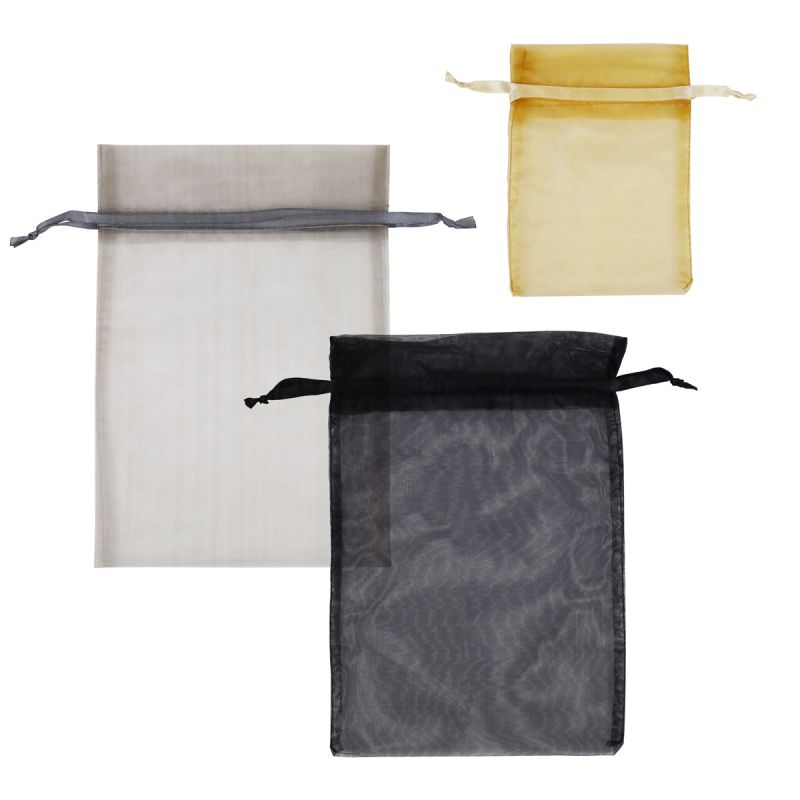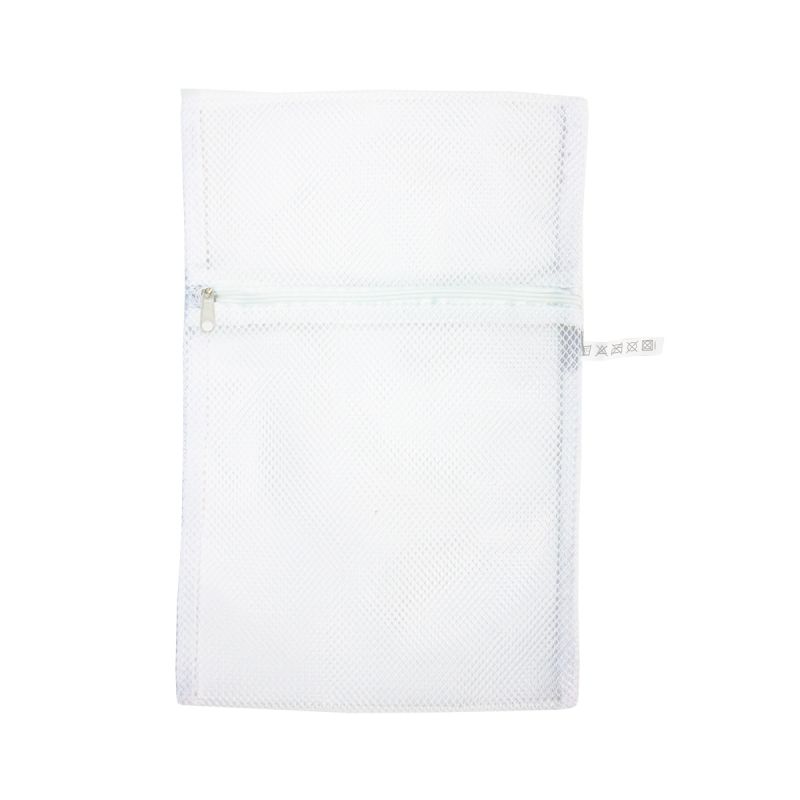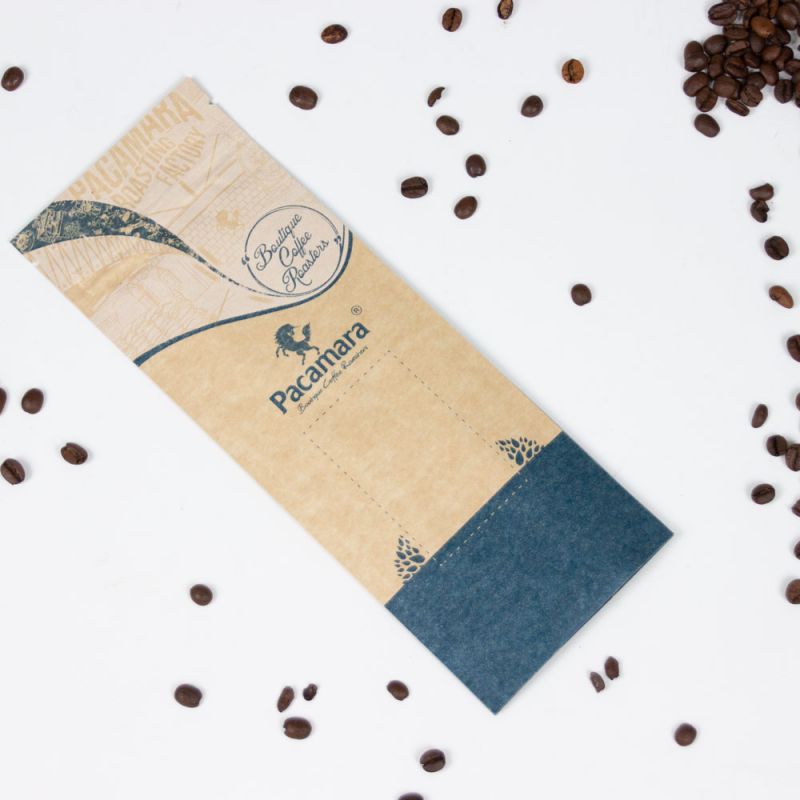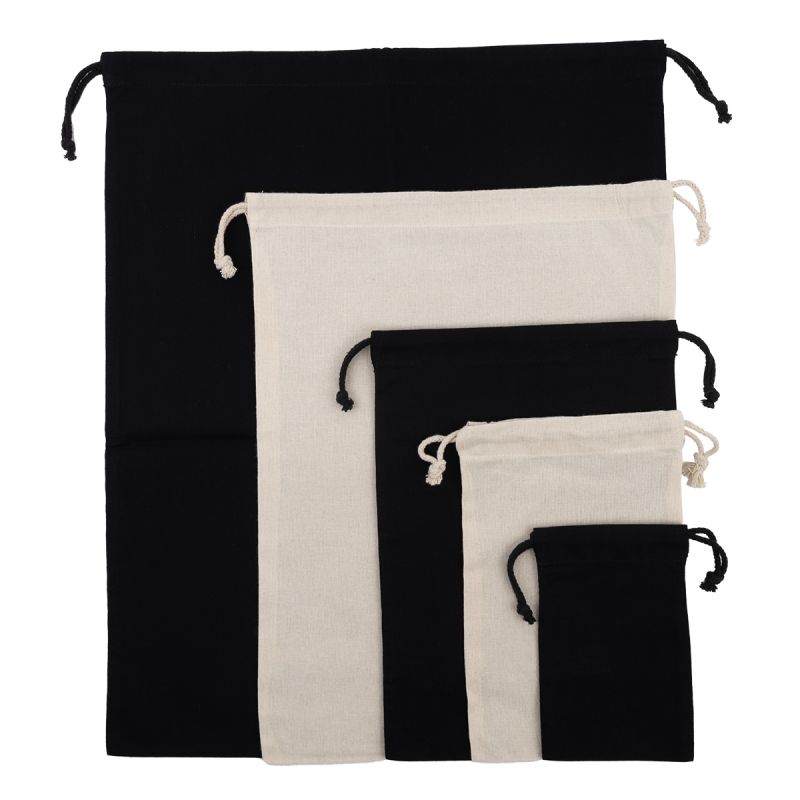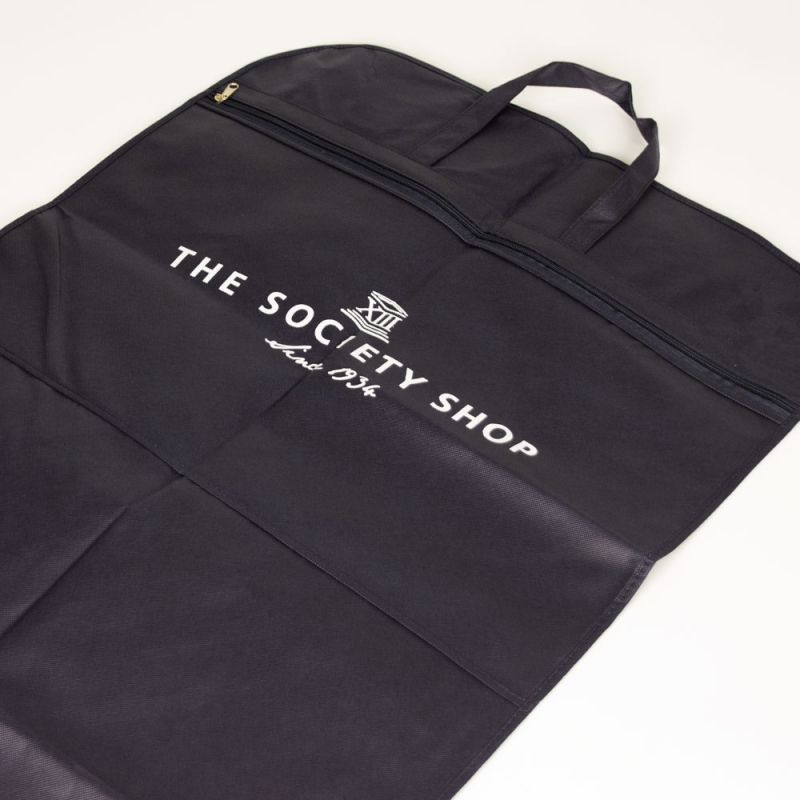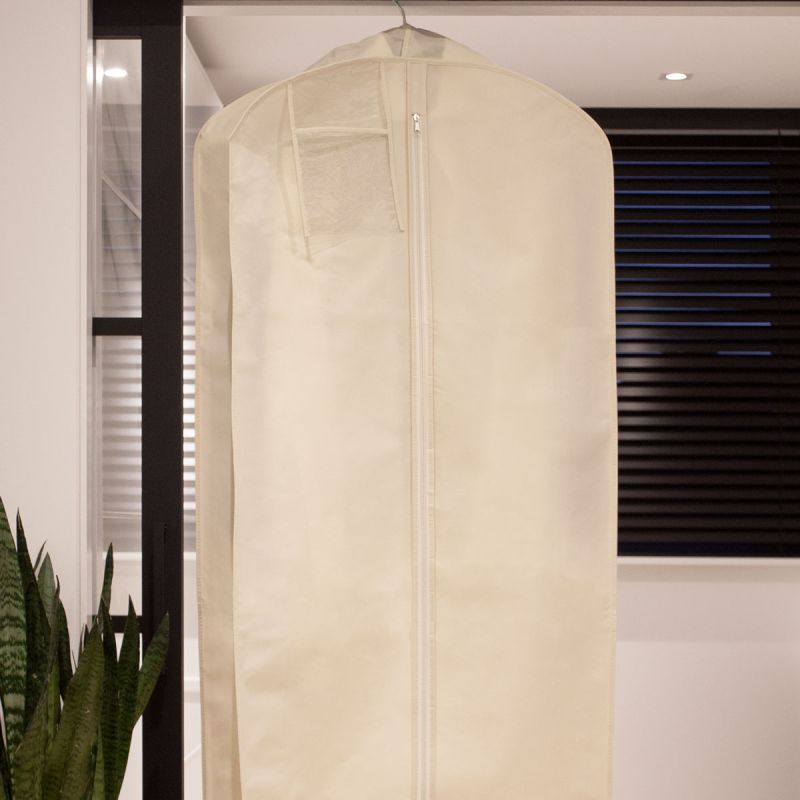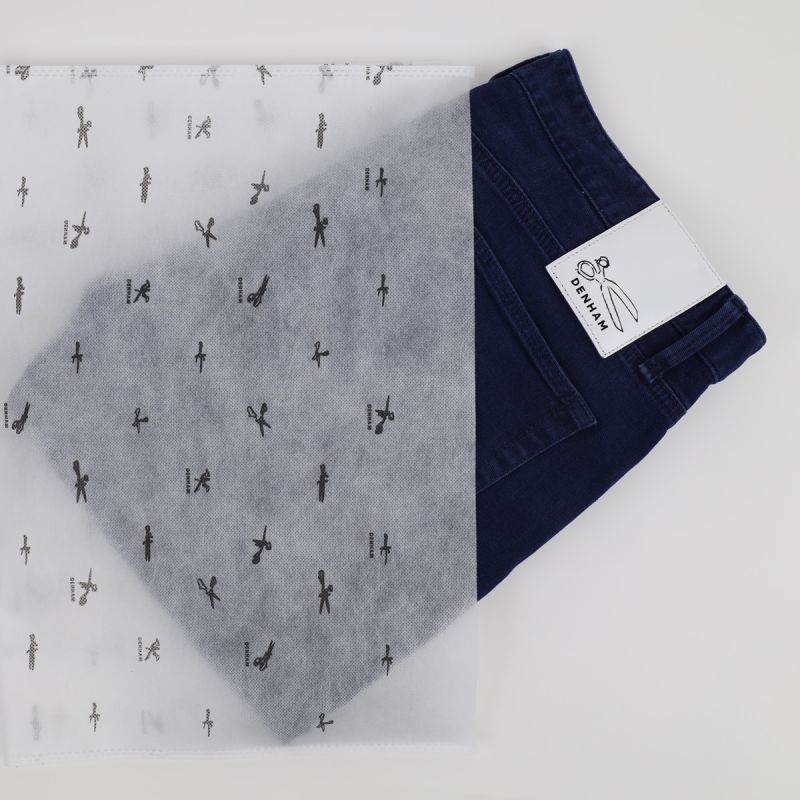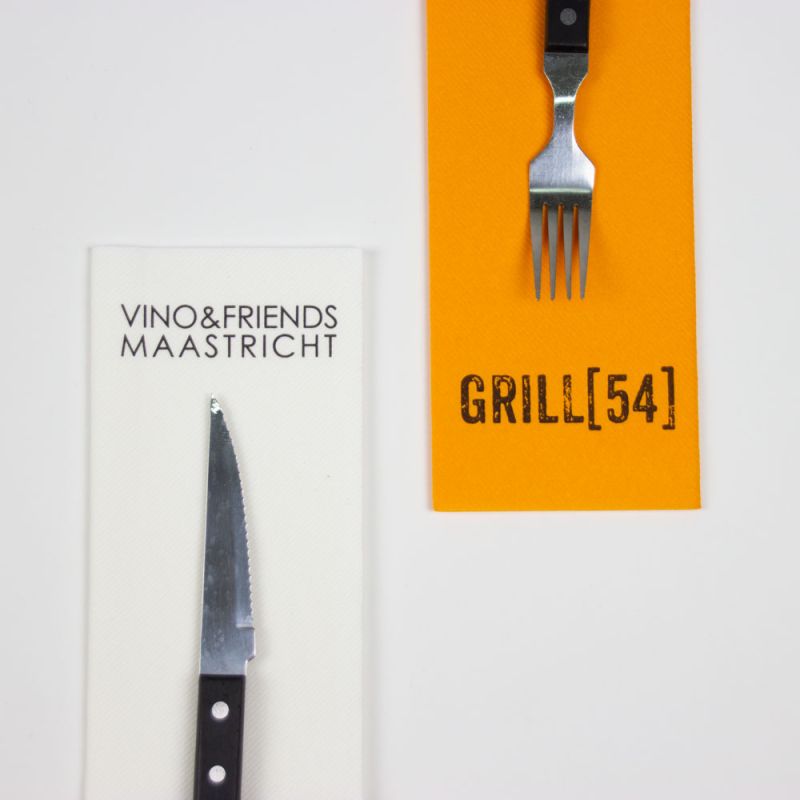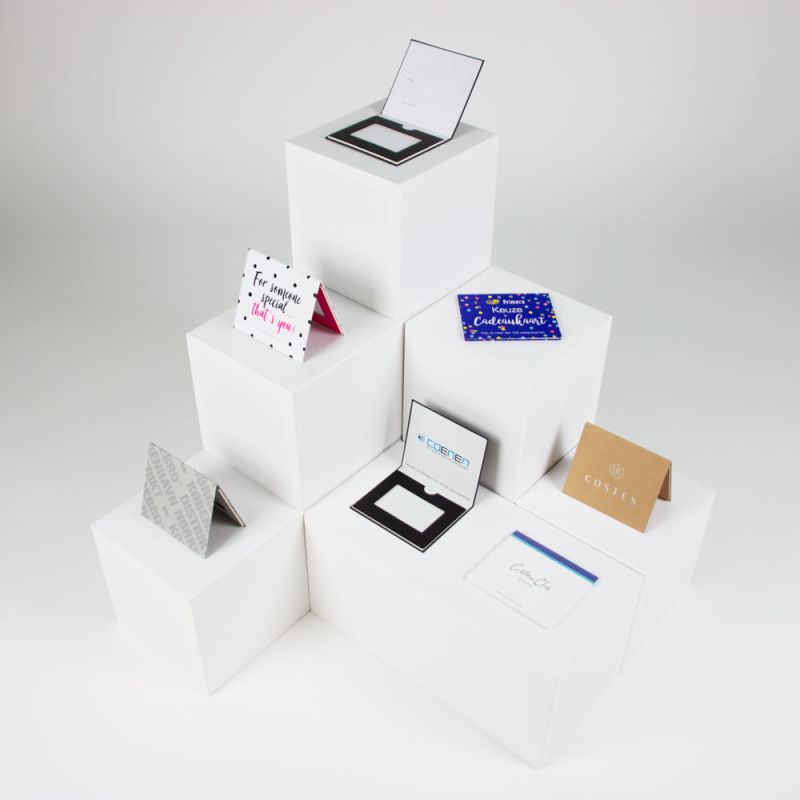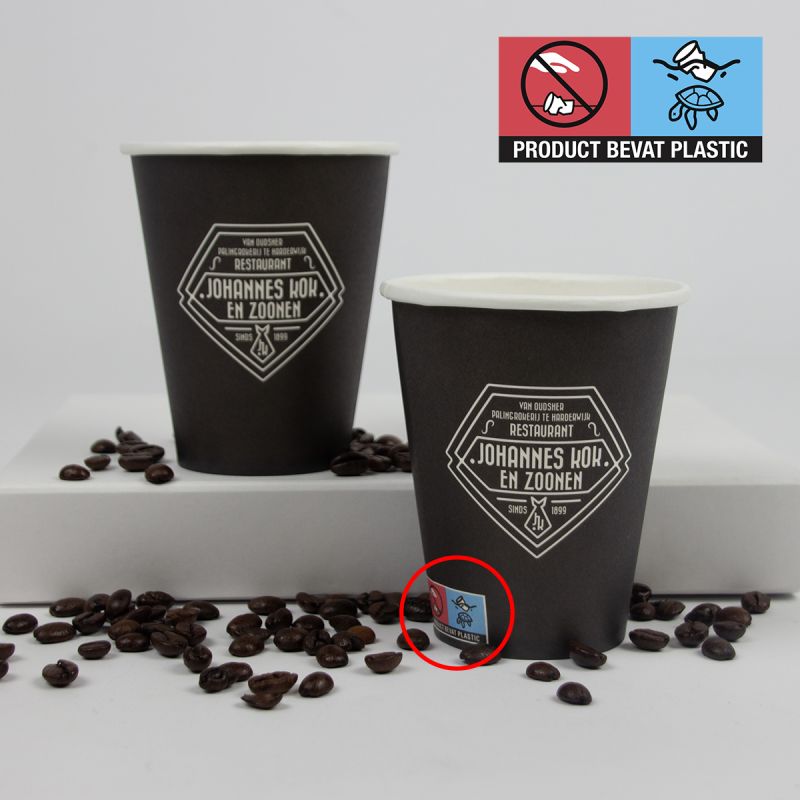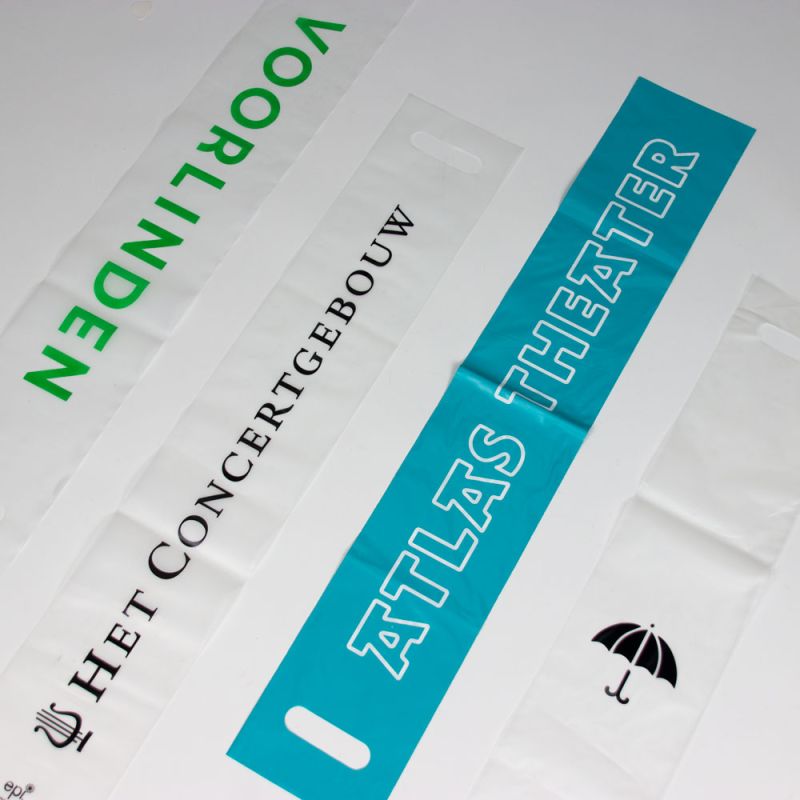
Sustainability is a hot topic today, and rightfully so! With growing attention to environmental issues and the impact of disposable products, the choice for sustainable alternatives is becoming increasingly important. One product often overlooked but with significant impact is the bag. From shopping bags to promotional bags, the materials they are made from can make a big difference. In this blog, we take a closer look at four popular sustainable bags: canvas bags, jute bags, kraft paper bags, and ZEROTREE® bags. Let's dive in!
1. Canvas Bags: The classic that always returns
Canvas bags are the undisputed classics among sustainable bags. Made from sturdy cotton, these bags are extremely reusable, strong, and easy to clean. The advantage of canvas lies in its long lifespan: a well-maintained canvas bag can last for years, significantly reducing the need to buy new bags.
Advantages of canvas bags:
- Reusable and durable: You can use a canvas bag hundreds of times.
- Biodegradable: When a canvas bag reaches the end of its life, it is biodegradable, as long as it is unpainted.
- Versatile: Suitable for shopping, daily use, and as a stylish accessory.
- Available with Fairtrade® or GOTS® labels: Both certifications promote the welfare of people, animals, and the environment in production countries.
Disadvantages:
- The production of cotton requires relatively large amounts of water, although more eco-friendly production methods, like sustainably certified cotton (GOTS), are available.
Certifications like the Global Organic Textile Standard (GOTS) ensure that cotton is grown and processed in an environmentally friendly way. This means farmers must apply sustainable irrigation methods, such as reducing water usage and promoting biodiversity in farming areas.
2. Jute bags: Bags with a golden fiber
Jute bags are another great sustainable alternative. Jute, often called "the golden fiber," is a natural material derived from plants. It grows quickly, requires few pesticides or fertilizers, and is often cultivated in rain-fed areas, reducing the need for irrigation.
Advantages of jute bags:
- Environmentally friendly: Jute cultivation has a low environmental footprint.
- Biodegradable: Jute is completely natural and can break down after use without harming the environment.
- Strong and robust: Jute bags are great for carrying heavy items, like groceries.
Disadvantages:
- Jute can wear out over time, especially with frequent use, and is slightly less flexible than canvas.
- The material is less suitable for fine or detailed printing due to its coarser texture.
3. Kraft paper bags: Lightweight and recyclable
Kraft paper bags are often used in stores and supermarkets as a sustainable alternative to plastic bags. These bags are made from recycled paper or sustainably produced wood fibers and are fully recyclable. Our paper bags are also FSC® certified.
Advantages of kraft paper bags:
- Recyclable: Kraft paper can be recycled multiple times, helping to reduce waste.
- Biodegradable: If not recycled, kraft paper bags break down quickly in the environment.
- Lightweight: These bags are handy for light or short-term uses.
- FSC® certified: Our paper bags carry the FSC® certification and are sustainably produced.
Disadvantages:
- Limited reusability: Paper bags are more fragile than woven bags made from canvas or jute and typically last only a few uses before tearing or being discarded.
- Production process: Although recycled paper has less environmental impact than newly produced paper, paper production remains energy-intensive.
4. ZEROTREE® Bags: Innovation and eco-friendliness hand in hand
ZEROTREE® bags are made from innovative materials such as abaca (banana fibers), straw, grass, or recycled cotton. This makes ZEROTREE® bags not only unique but also extremely durable. By using renewable and recycled materials, ZEROTREE® offers an eco-friendly alternative without relying on new resources.
Advantages of ZEROTREE® bags:
- Use of waste materials: By using recycled cotton and plant fibers, these bags reduce the need for new resources.
- Lightweight yet strong: Abaca and straw fibers are light but very durable, making the bag suitable for daily use.
- Reduces deforestation: Since no trees are cut down, ZEROTREE® offers an excellent sustainable alternative.
- Complete packaging line: In addition to bags, there are also luxury boxes and shipping boxes available, allowing you to green your entire packaging line!
Disadvantages:
- Relatively new: Since ZEROTREE® bags are a fairly new innovation, they are not yet widely known. Additionally, the price is slightly higher than regular bags due to the materials used.
Which bag suits you?
Each of these four bags has its unique advantages when it comes to sustainability. Canvas bags are ideal for long-term, daily use, while jute bags are perfect for heavier tasks like grocery shopping. Kraft paper bags are a good choice for short, lightweight uses and are easy to print digitally. And ZEROTREE® bags offer an innovative and eco-friendly solution by using recycled and plant-based materials.
Whatever you choose, the most important thing is to be aware of your impact on the environment and choose reusable, sustainable options. Simply switching to one of these eco-friendly bags contributes to a greener and more sustainable future.
Curious about what other eco-friendly bags we offer? Check out our full range of green bags here.


